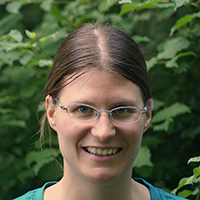
Navigation auf uzh.ch
Navigation auf uzh.ch

My primary interest lies in the energetic aspects of mammalian brain size evolution and their significance for human evolution. Building on earlier work of our group, we integrate two approaches to explain the variation in brain size: a benefit and a cost perspective. Besides the benefits of having a large brain in terms of enhanced cognitive abilities, brain tissue is among the most metabolically costly tissues in the body and thus very sensitive to periods of starvation. Increased energetic costs can be met by either reallocating the energy from other functions, such as growth and reproduction, or by a stabilized increase in the total energy intake. As species living in seasonal habitats experience frequent periods of food scarcity, my main focus lays on investigating strategies how mammalian species cope with highly seasonal habitats. We hypothesize two mostly exclusive strategies: either species buffer seasonally lean periods by storing fat in adipose depots (“physiological buffering”) or by increasing relative brain size providing them with cognitive abilities in terms of behavioral flexibility (“cognitive buffering”).
My research centers on explaining physiological strategies how mammalian species buffer energy expenditure using a comparative approach and will contribute to our understanding whether the human combination of having a large brain and a relatively high amount of adipose tissue is unique or not.